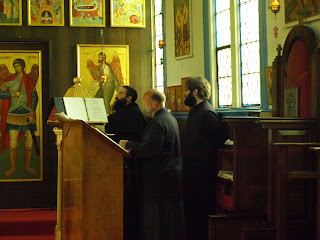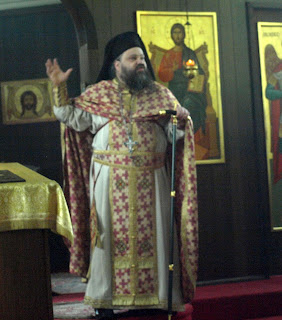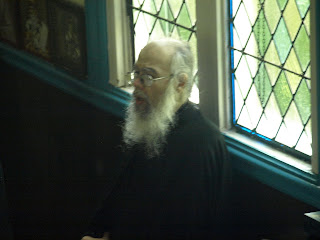God has done all things for our benefit.
We are guarded and taught by the angels; we are tempted by the demons so that we may be humbled and have recourse to God, thus being saved from self-elation and delivered from negligence.
On the one hand, we are led to give thanks to our Benefactor through the good things of this world, by which I mean health, prosperity, strength, rest, joy, light, spiritual knowledge, riches, progress in all things, a peaceful life, the enjoyment of honors, authority, abundance and all the other supposed blessings of this life.
We are led to love Him and to do what good we can, because we feel we have a natural obligation to repay God for His gifts to us by performing good works. It is of course impossible to repay Him, for our debt always grows larger.
On the other hand, through what are regarded as hardships we attain a state of patience, humility and hope of blessings in the age to be; and by these so-called hardships I mean such things as illness, discomfort, tribulation, weakness, unsought distress, darkness, ignorance, poverty, general misfortune, the fear of loss, dishonor, affliction, indigence, and so on.
Indeed, not only in the age to be, but even in this present age these things are a source of great blessing to us.
St Peter of Damaskos































































